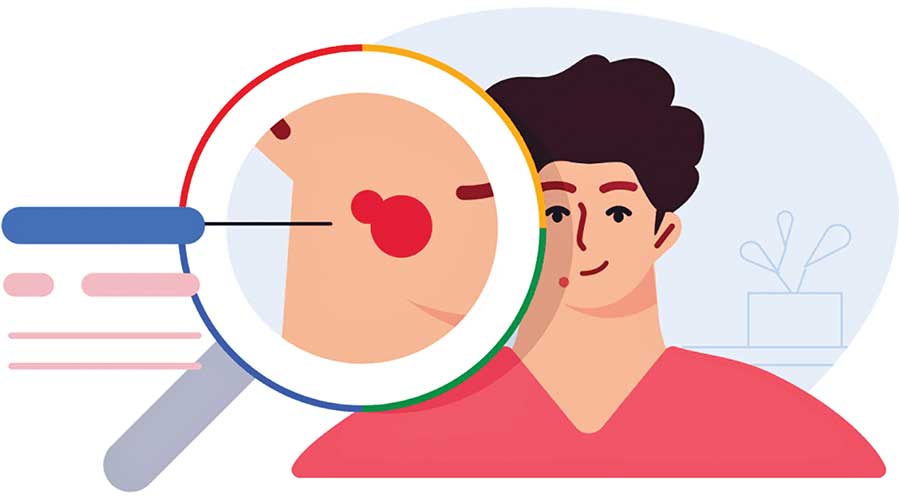ASK A PHYSICAL THERAPIST
- 13 Apr - 19 Apr, 2024

What are the best meatless sources of protein?
Beans, lentils, seeds and nuts are all packed with filling protein. While these foods make excellent meat substitutes, be mindful of portion sizes to ensure you’re getting equivalent amounts of protein to meet your daily intake. For women, the daily requirement is about one gram of protein per kilogram of body weight, so the average woman requires 50 to 60 grams a day. Four ounces of chicken, for example, packs about 36 grams of protein, but you can easily swap that out for two cups of lentils, beans, poultry or fish. Nuts and seeds are other great sources – a 1/4 cup contains four to seven grams of protein. To fulfill your daily protein quota, eat about two cups of lentils, beans, poultry or fish and two handfuls of nuts or seeds daily. To work it into your meals, try adding beans to soups, or top salads or oatmeal with sunflower seeds. Plus, not only are these vegetarian options cheaper, but they’re also chock-full of the vitamins and antioxidants that are lacking in meat.
Is there a best time to take my vitamins? If yes, what time is the best?
The timing of when you take your supplements can significantly affect the way in which your body can absorb and utilise the nutrients. Fat-soluble vitamins (A, D, E and K) and omega-3s (Try SFH Super Omega-3 Fish Oil) are better absorbed when taken with a meal that contains fat. Probiotics are best taken on an empty stomach so that there’s nothing to interfere with the good bacteria from getting to work. Vitamin B12 is also better absorbed on an empty stomach because an acidic environment increases absorption. B-complex vitamins should be taken early in the day, preferably with your first meal. They help the body produce energy from food and taking them later in the day can interfere with your sleep. Iron and calcium should never be taken together as they compete for receptor sites; take iron during the day with some vitamin C to increase absorption. Also, try to avoid taking your vitamins with coffee or tea. If you drink coffee or tea, the morning might not be the best time to take your vitamins. The tannins and caffeine can interfere with the absorption of many vitamins and minerals, especially iron.
COMMENTS